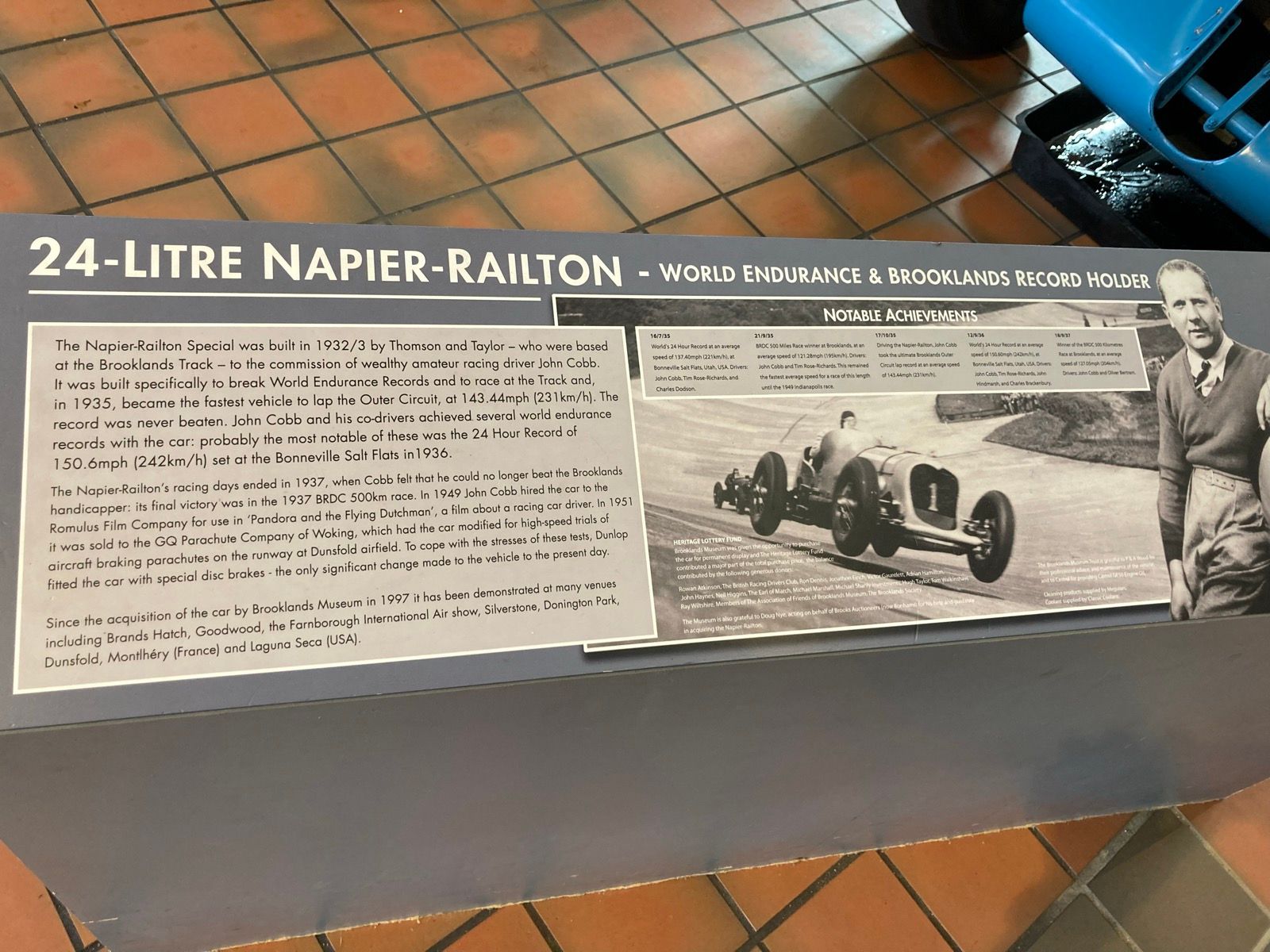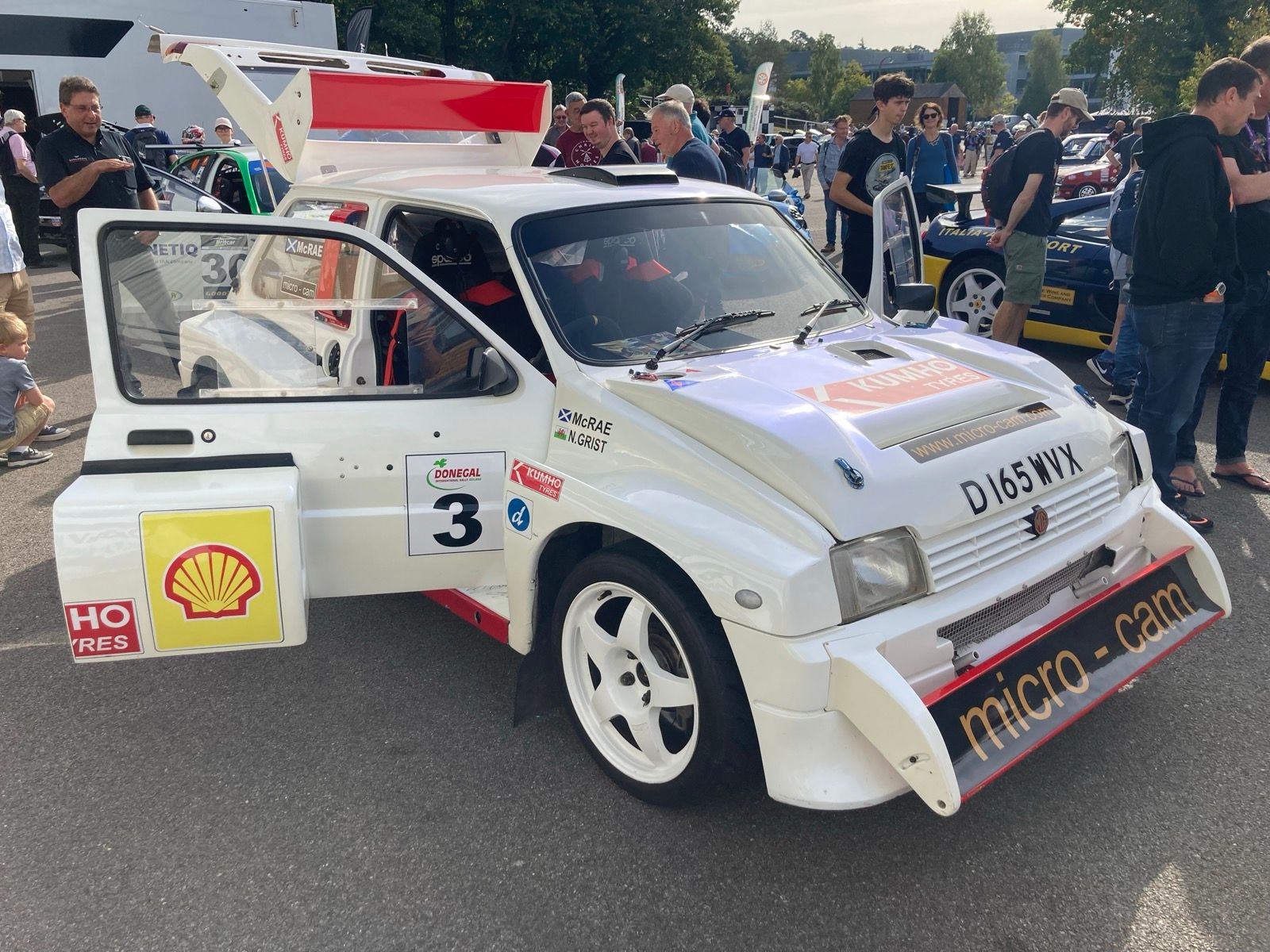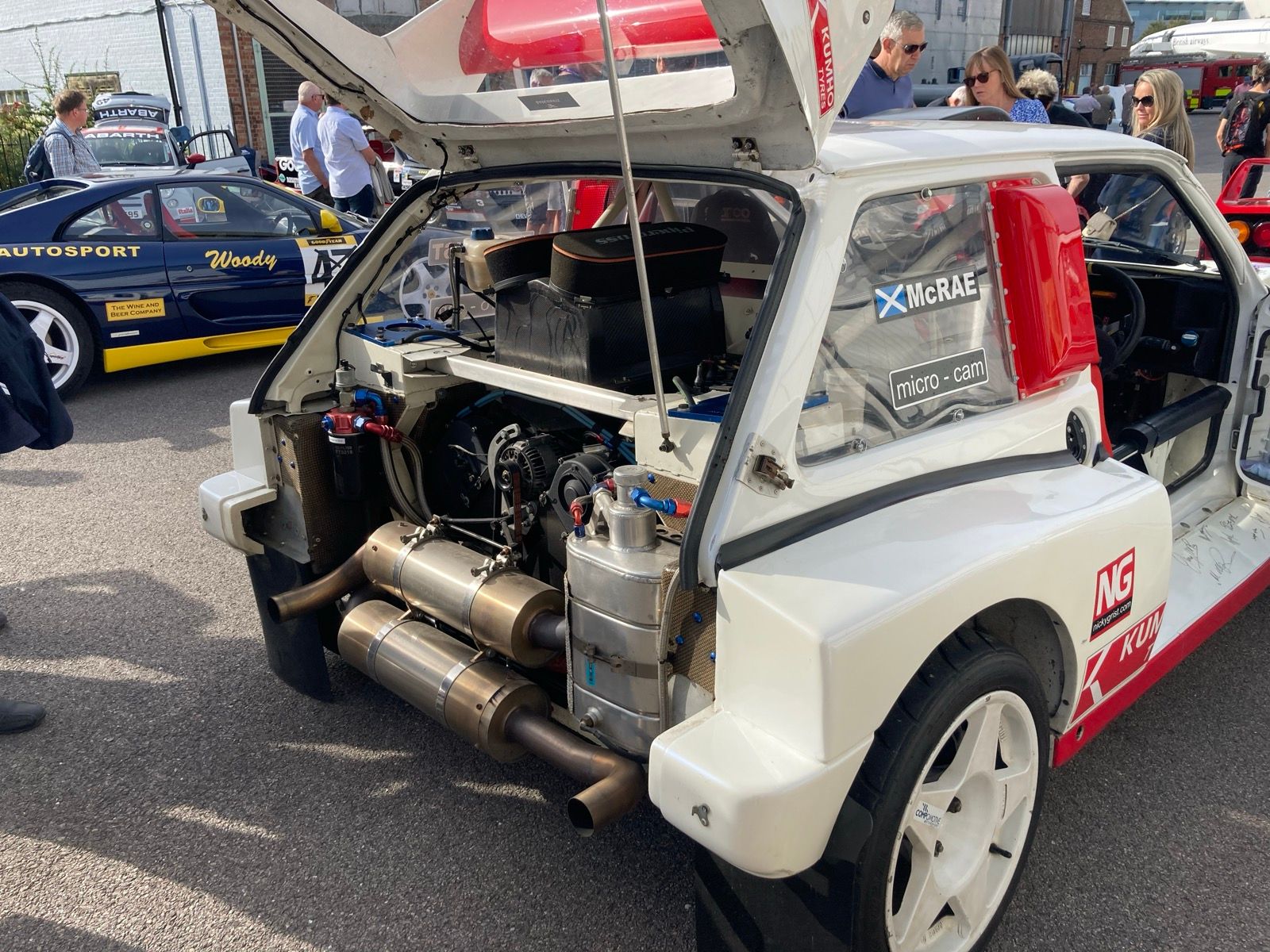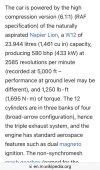Since you have access to this person who designs oils, I have a question that I'd be curious on hearing their opinion. What's with the this move to such lightweight oil these days (0w20, 0w15)? Is it for emissions and mpg (my guess)? Is it because engines are being designed to such a high-level of precision? Is it to heat up quickly and boil off all those volatiles that gung up the intake valves in DI cars? Is it to shed heat more quickly than a more viscous liquid? And how do they protect against viscosity breakdown in something where the viscosity is already so low, more detergents and additives? Just curious.
alright so i asked the wife unit about this (since its her job and all)
the reason for it is mfg requirements, mostly to meet cafe standards (fleet MPG #s where a .1 mpg on a car in testing can make a difference), construction tolerances on modern engines are also much tighter now than they have been in the past which means that the super thick oils are actually detrimental to proper lubrication. remember when you are looking at viscosity the second number is the important one, the first number is the 'cold crank' viscosity (at 0C) and the second number is the viscosity at operating temperature, even at a 0 weight the oil is thicker when cold than it is when hot. (pro tip, the w in there actually doesnt mean anything, dont believe me go look up the spec for it, its not called out with any definition)
The specific heat(how long to heat up, or how well it sheds heat) of the oils doesnt change that much based on viscosity. The gunk buildup on the valves of DI cars is from my understanding from the oil in the pcv stream getting sucked in and hitting the back of the valves where the volatiles flash off and leave the base oil behind to 'burn up'
They also use stronger polymers which last longer, as well as the additive packages getting much better which is part of why they last so long, also keep in mine all these claims (1 year oil change, 20k miles btwn changes) are vetted by legal before being printed on the bottle to protect the company. Also your oil SHOULD be pretty dark when you change it, that means it is holding all the contaminants in suspension where it can be more easily filtered out, or drained with the used oil, if you oil is clean/clear/new looking when you change it you are either changing it wayyyy too soon, or your oil is not doing its job and all the sediments are settling out in your oil pan to be picked back up and recirculated.





























